Various measures have been proposed by the Economic Commission for Africa (UNECA) Sub Regional Office for Southern Africa (SRO-SA) on how Zambia can bridge the funding gap hampering implementation of the Sustainable Development Goals (SDGs).
These measures range from promoting impact investing, enhanced partnerships,private sector engagement, and broadening the tax base in including the informal sector and e-commerce.
UNECA SRO-SA Chief Inclusive Industrialisation Section, Olayinka Bandele, said on Friday at a public lecture in Lusaka that international commitments played a vital role in providing the necessary financial resources to support Zambia’s SDG agenda
In her presentation on “Financing SDGs in Zambia,” Bandele said the private sector was equally essential to bridge the funding gap and accelerate progress towards the SDGs in the country.
“Funds can be unlocked through facilitating partnerships, advocating for increased financial support for the SDGs and enhanced collaboration, a tripartite compact involving the Zambian government, and development partners,” she said.
Like other African countries, according to Bandele, Zambia could also explore innovative financing mechanisms to support the SDGs.
She pointed out promoting impact investing- which directed funds towards projects with measurable social and environmental impacts as one of the mechanisms for unlocking funding.
Bandele mentioned the issuance of green bonds, green finance- which raised funds specifically for environmentally friendly projects as another mechanism to bridge the financing gap.
“Issuance of social impact bonds is another mechanism- where private investors fund social programs and receive returns based on predefined outcomes, piloted in Zambia,” she said.
Other mechanisms she proposed included bringing the informal sector and e-commerce into the tax net, digitalisation of the tax system to improve efficiency of tax collection.
She pointed out that Value-Added Tax (VAT) collection in many African countries was less than 50 percent.
Bandele emphasised that the achievement of SDGs was of paramount importance for Zambia’s sustainable development.
Also read: Zambia scores average in implementing Sustainable Development Goals
SDGs, she said, resonated with the national developmental challenges and had been integrated into the eighth National Development Plan (2022-2026) under four strategic development pillars – Economic Transformation and Job Creation, Human and Social Development, Environmental Sustainability and Good Governance Environment, alignment with SDGs 87 percent.
“Zambia faces multidimensional challenges in achieving sustainable development due to many impediments including access to external resources and impact of high indebtedness3.
“Adequate financing plays a critical role in realizing SDGs. Without substantial financial support, the realization of these goals will remain elusive,” she said.
Reacting to her presentation, UNZA head of Economics Department Bona Chitah, observed the need to increase funding in agriculture for government to realise revenue collection.
Chital however regretted that the sector had been neglected
“We need this linkage overall into manufacturing from agriculture. Until we make that transition to bring reality to our development plan such as SDGs, we need to rethink SDGs implementation,” he said.
WARNING! All rights reserved. This material, and other digital content on this website, may not be reproduced, published, broadcast, rewritten or redistributed in whole or in part without prior express permission from ZAMBIA MONITOR.

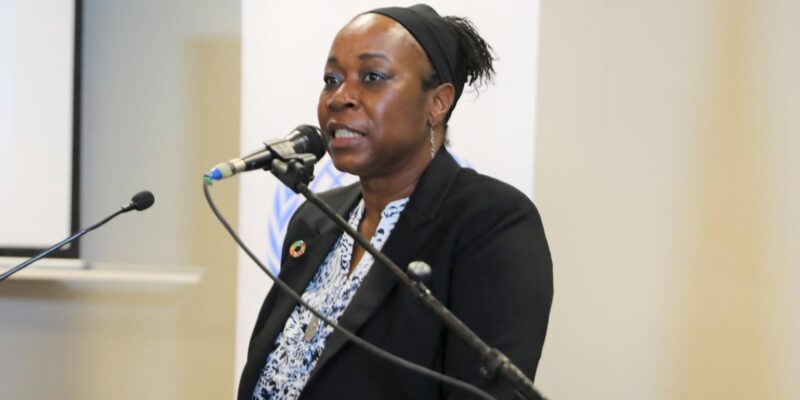
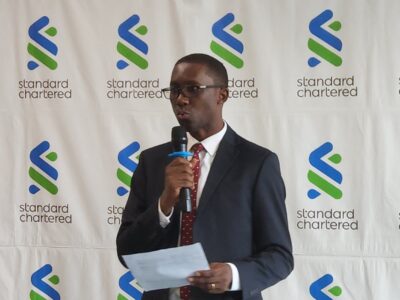
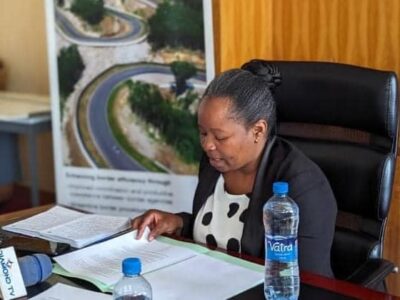

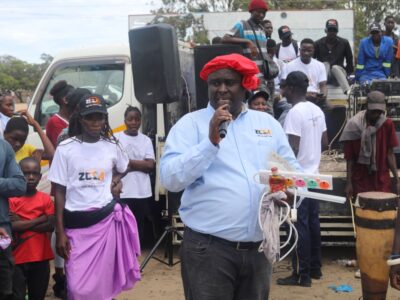

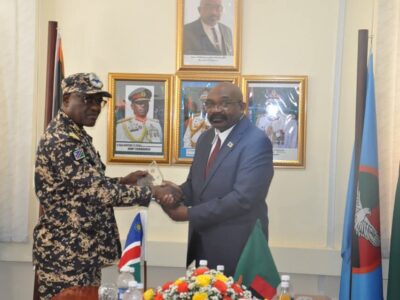




Comments